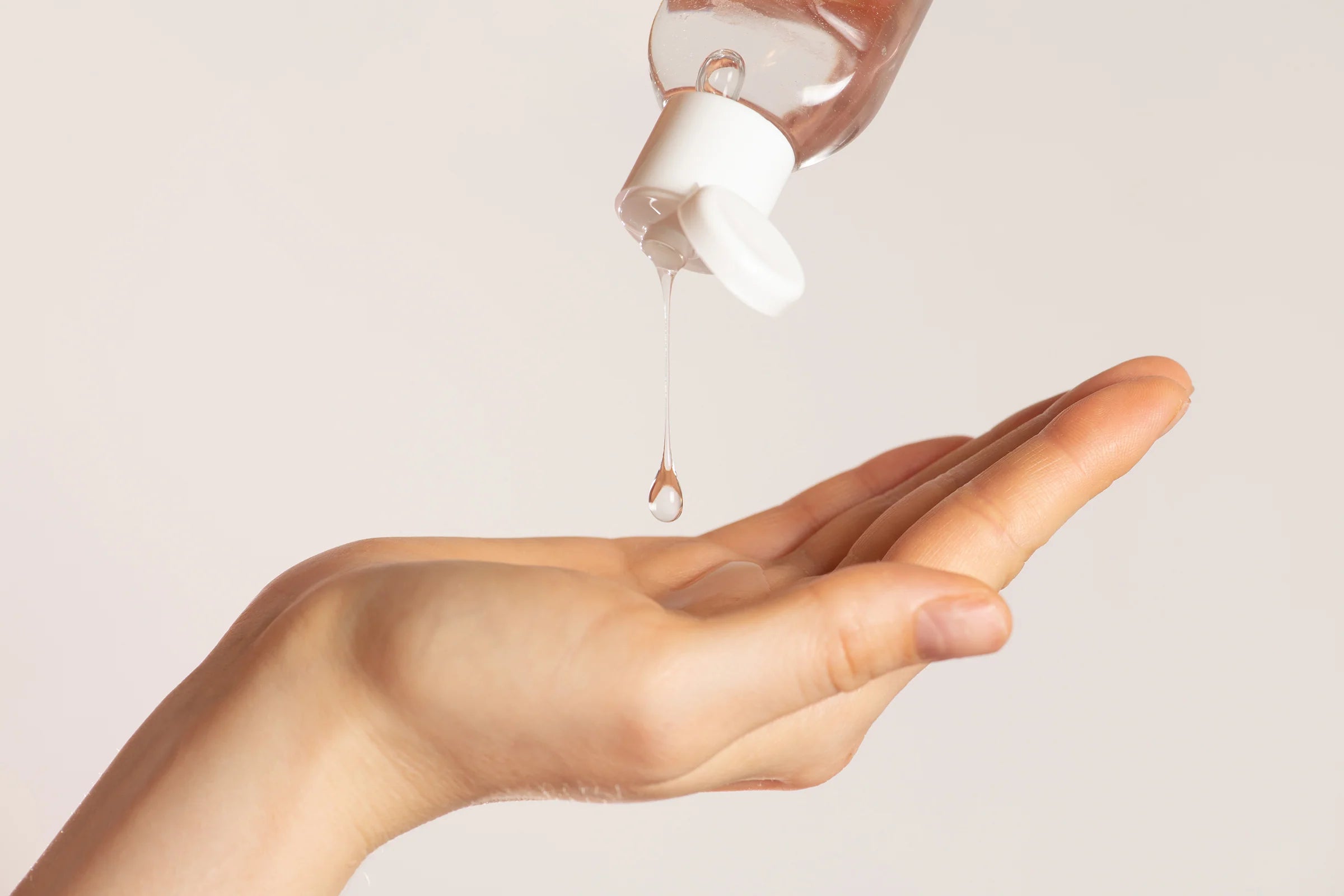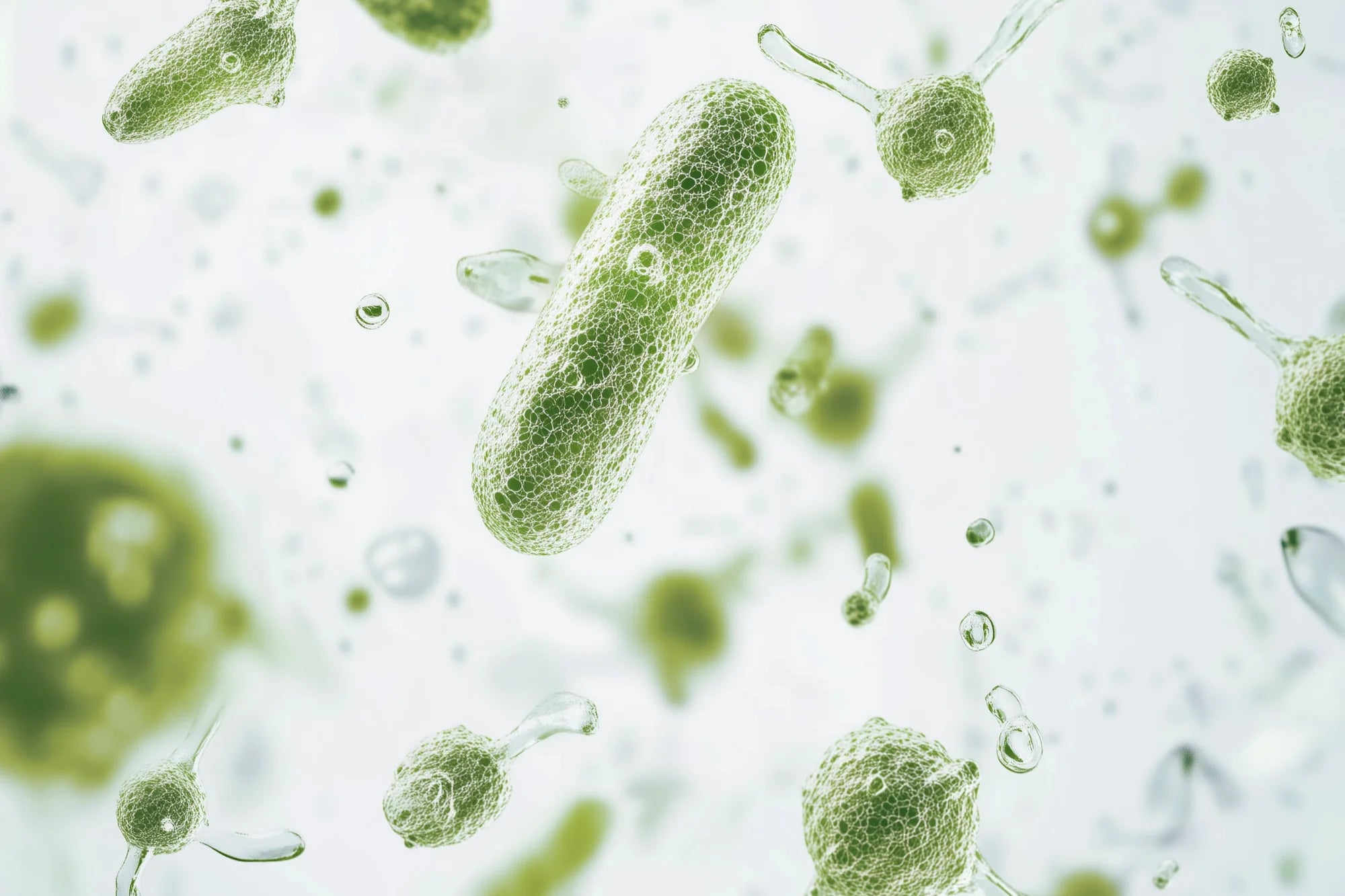
Les désinfectants pour les mains fonctionnent-ils réellement ? Les experts s’expriment
Depuis la pandémie, les désinfectants pour les mains sont devenus un élément essentiel dans les foyers, les lieux de travail et les espaces publics à travers le monde. La société de recherche de marché leader, Nielsen, a constaté que les ventes de désinfectants pour les mains aux États-Unis ont augmenté de 73 % au cours des quatre premières semaines de 2020. Pourtant, malgré cette augmentation, la grande question demeure : les désinfectants pour les mains fonctionnent-ils vraiment ? La réponse est à la fois oui et non.
Bien qu’il s’agisse d’une méthode pratique pour rester protégé, les mythes et les idées fausses ont obscurci le monde de la lutte contre les germes, ce qui rend difficile de savoir si elles sont réellement efficaces. Si l’on tient également compte du fait que les désinfectants pour les mains ne protègent généralement les mains que pendant quelques minutes, leur efficacité dont beaucoup se vantent peut être totalement trompeuse.
Comprendre les désinfectants pour les mains et leur objectif
En termes simples, les désinfectants pour les mains sont conçus pour des situations où le savon et l'eau ne sont pas disponibles. Les Centers for Disease Control and Prevention (CDC) recommandent que les désinfectants à base d'alcool contiennent entre 60 et 95 % d'alcool pour tuer efficacement les germes. La dure réalité pour ceux qui utilisent des produits contenant moins de 60 % d'alcool est qu'ils ne sont pas efficaces.
Lorsque l'alcool n'est pas suffisant pour décomposer les protéines des germes, les résultats sont insuffisants. Il est également important de noter que tous les désinfectants à base d'alcool ne tuent pas tous les germes. Par exemple, les désinfectants ne sont pas capables d'éliminer certains virus tels que le norovirus. Ils sont également moins efficaces contre certaines substances chimiques nocives et la saleté visible.
En fin de compte, il est crucial d’écouter les experts en santé publique sur les méthodes de protection les plus efficaces. Bien que l’alcool soit efficace pour tuer les germes, se laver les mains avec de l’eau et du savon ou avec un nettoyant antimicrobien sera toujours la meilleure option. Cela reste vrai, que vous vous laviez simplement les mains après avoir mangé ou que vous essayiez de rester en sécurité pendant une pandémie.
Mythes et idées fausses sur le désinfectant pour les mains
Les désinfectants pour les mains restent l’une des méthodes les plus utilisées pour un nettoyage rapide, mais plusieurs mythes persistent. Sans une utilisation appropriée, ce produit populaire peut s’avérer inefficace.
Mythe n°1 : Plus vous en consommez, mieux c'est
La plupart des gens pensent que plus on utilise de désinfectant, mieux on est protégé. Cependant, des quantités plus importantes ne signifient pas une teneur en alcool plus élevée ni une efficacité accrue. Une petite quantité suffit pour combattre les germes.
Mythe n°2 : ils protègent pendant des heures
Considérez ceci : après avoir appliqué du désinfectant pour les mains, vous touchez une poignée de porte contaminée pour sortir d’un bâtiment. Toute couche protectrice créée par le désinfectant est désormais compromise. Ces produits ne sont capables de tuer les germes qu’immédiatement après leur application, pas après. À moins que vous n’utilisiez un produit antimicrobien spécialement conçu pour protéger pendant plusieurs heures, ne vous attendez pas aux mêmes résultats avec un désinfectant pour les mains ordinaire.
Zari Mansouri, fondateur et PDG de Laboratory Skin Care® (LSC), partage : « Les désinfectants pour les mains sont efficaces et offrent des résultats précieux et immédiats dans les établissements de soins de santé, mais manquent d’utilisation pratique à long terme pour les consommateurs quotidiens. » La crème hydratante antimicrobienne de LSC continue de protéger contre l’exposition à de nouveaux germes pendant plus de quatre heures, offrant ainsi une option plus fiable.
Mythe n°3 : Un frottement rapide fait l'affaire
Pour que le désinfectant pour les mains soit efficace, il doit être utilisé correctement. Cela signifie le frotter sur les deux mains jusqu'à ce qu'elles soient complètement sèches. Quelque chose d'aussi simple que de s'essuyer les mains avant que le désinfectant ne soit sec réduira son efficacité. Pourquoi? Le désinfectant pour les mains n’est efficace que tant qu’il reste mouillé sur la peau. Une fois séché, son pouvoir anti-microbes s’est évaporé.
Mythe n°4 : Ils sont sans danger pour tout le monde
Surpris de voir que c'est un mythe ? Selon le National Institute of Health, les produits à base d'alcool présentent un risque d'intoxication pour les enfants et peuvent affecter négativement le développement fœtal chez les femmes enceintes. Les CDC recommandent une supervision des jeunes enfants utilisant des désinfectants pour les mains à base d'alcool. De plus, l'alcool n'est pas idéal pour les personnes ayant la peau sensible. Ses propriétés desséchantes peuvent laisser la peau encore plus dépouillée de ses huiles naturelles et même permettre l'entrée de micro-organismes pathogènes.

Les produits sans alcool sont-ils efficaces ?
Oui, les désinfectants pour les mains sans alcool peuvent être tout aussi efficaces que les produits à base d'alcool. En fait, Graphical Research a constaté que les désinfectants sans alcool ont un taux de croissance plus rapide de 34,4 % par rapport aux produits à base d'alcool en raison de la demande des consommateurs.
Selon le monographe de la FDA, des agents actifs alternatifs comme le chlorure de benzalkonium sont tout aussi efficaces que l'alcool pour tuer les germes. En perturbant les membranes cellulaires et les fonctions métaboliques des germes, cet agent offre une protection durable contre les micro-organismes. Contrairement à l'alcool, qui s'évapore en 1 à 2 minutes, le chlorure de benzalkonium reste sur la peau, offrant une protection prolongée.
Lors du choix entre des produits sans alcool et à base d'alcool, considérez les différences entre les propriétés antibactériennes et antimicrobiennes. Les produits antibactériens ciblent uniquement les bactéries, tandis que les solutions antimicrobiennes éliminent un éventail plus large de micro-organismes (bactéries, champignons et virus). Si une protection complète est tout aussi importante que l'évitement de l'alcool, les produits antimicrobiens sont votre meilleure option.
Les avantages des solutions sans alcool
- Plus doux pour la peau : les formules sans alcool ne dessèchent pas la peau comme les formulations à base d'alcool, ce qui les rend idéales pour les personnes à la peau sensible ou celles qui ont besoin de se protéger fréquemment contre les germes.
- Plus sûrs pour les enfants et les femmes enceintes : Sans les effets nocifs de l'alcool, ces produits sont plus sûrs pour tous les âges et les femmes enceintes, réduisant ainsi les risques.
- Protection longue durée : contrairement aux désinfectants à base d'alcool qui s'évaporent très rapidement, ces alternatives peuvent offrir une protection continue en fonction de leur formulation.
Le plat à emporter
Comprendre l’efficacité des désinfectants pour les mains peut vous aider à faire des choix plus éclairés concernant vos pratiques d’hygiène. En fonction de vos besoins spécifiques et de votre état de peau, il peut également être important de rechercher des options sans alcool pour garder votre peau exempte de germes et heureuse.
Désinfectants pour les mains avec de l'alcool :
- Tue les germes au contact lorsqu'il contient au moins 60 %+ d'alcool
- Nécessite une réapplication fréquente pour rester protégé
- Peut présenter des risques pour les enfants et les femmes enceintes
- Peut entraîner une irritation, une sécheresse et des dommages cutanés
- Permettre l’entrée potentielle de micro-organismes pathogènes
- Ne sont pas respectueux de l’environnement
Si ces risques ne vous concernent pas, des désinfectants pour les mains à base d’alcool peuvent suffire. Cependant, pour ceux qui accordent la priorité à la santé de leur peau, les alternatives sans alcool pourraient être un meilleur choix. Des produits comme la crème hydratante antimicrobienne de LSC offrent plus de quatre heures de protection contre les germes, offrant une solution efficace sans l’agressivité de l’alcool. Mais n’oubliez pas que rien ne vaut l’efficacité d’un bon lavage des mains. Lorsque cela est possible, il est toujours préférable d’utiliser un nettoyant doux mais efficace comme le nettoyant antimicrobien de LSC.


